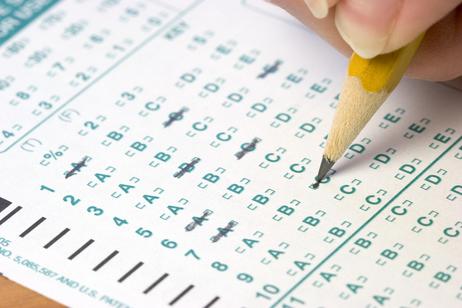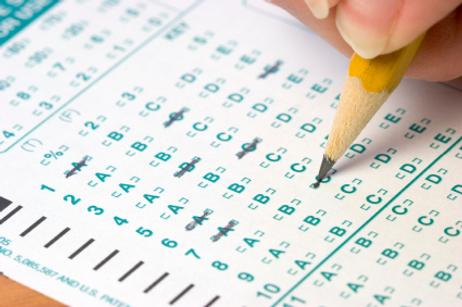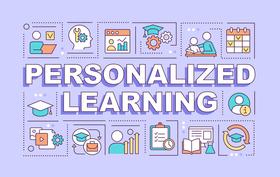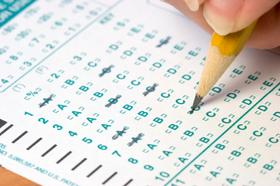Introduced in the early 2000s, the Common Core State Standards Initiative is designed to ensure that students across the country receive a similar quality of education. The initiative set specific standards for what students should know at the end of each grade with the goal of making sure that every student has an equal opportunity to attend college after high school.
Since its introduction, the Common Core State Standards Initiative has encountered a great deal of controversy. In some ways, it may benefit students to have a more structured education, regardless of where they go to school. In other ways, however, the standards don’t always work for every school or every student. One of the biggest problems with the initiative, however, is its emphasis on standardized testing.
As one of the major tenants of the Common Core State Standards Initiative, standardized testing has a significant impact on the nation’s educational system. Keep reading to learn more about how standardized testing affects teachers and teaching quality.
This video provides an evidence-based overview of some issues associated with standardized testing.
What is the Deal with Standardized Testing?
According to the Common Core website, the Common Core State Standards Initiative is, “a set of high-quality academic standards in mathematical and English language arts/literacy” that was created to ensure that “all students graduate from high school with the skills and knowledge necessary to succeed in college, career,




















